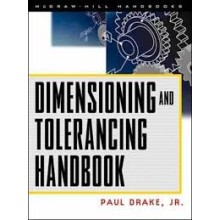Geometric Transformations for 3D Modeling, 2nd Edition
ISBN: 9780831133382
Author: Michael E. Mortenson
Dispatch Time: 2 - 3 Days
Quantity:
-
Add to Compare
Explores and develops the subject in much greater breadth and depth than other books, offering readers a better understanding of transformation theory, the role of invariants, the uses of various notation systems, and the relations between transformations.
Describes how geometric objects may change position, orientation, or even shape when subjected to mathematical operations, while properties characterizing their geometric identity and integrity remain unchanged.
Presents eigenvalues, eigenvectors, and tensors in a way that makes it easier for readers to understand.
Contains revised and improved figures, with many in color to highlight important features.
Provides exercises throughout nearly all of the chapters whose answers are found at the end of the book.
Preface
Chapter 1: Geometry
What Is Geometry
History
Geometric Objects
Space
Geometry Is..
E Pluribus Unum - Transformation and Invariance
Chapter 2: Theory of Transformations
Functions, Mappings, and Transformations
Linear Transformations
Geometric Invariants
Isometries
Similarities
Affinities
Projectivities
Topological Transformations
Chapter 3: Vector Spaces
Introduction to Linear Vector Spaces
Basis Vectors
Eigenvalues and Eigenvectors
Tensors
Chapter 4: Rigid-Body Motion
Translation
Rotation
Composite Motion
Kinematics
Chapter 5: Reflection and Symmetry
Central Inversion
Reflections in the Plane
Reflections in Space
Summary of Reflection Matrices
Symmetry Basics
Symmetry Groups
Ornamental Groups
Polygonal Symmetry and Tiling
Polyhedral Symmetry
Chapter 6: More Linear Transformations
Isotropic Dilation
Anisotropic Dilation
Shear
Projective Geometry
Parallel Projection
Central Projection
Map Projections
Display Projection
Chapter 7: Nonlinear Transformations
Linear and Nonlinear Equations
Inversion in a Circle
Curvilinear Coordinate Systems
Deformations
Answers to Selected Exercises
Index
Write a review
Your Name:Your Review: Note: HTML is not translated!
Rating: Bad Good
Enter the code in the box below:
Copyright © 2014 Engineering Standards Bureau. All Rights Reserved.
Developed By Zoom Into Web


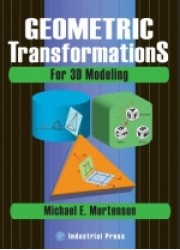



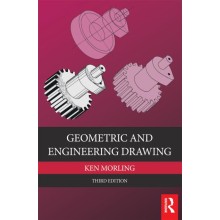
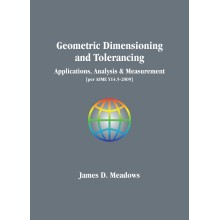
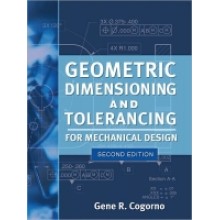
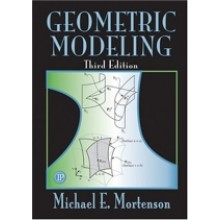
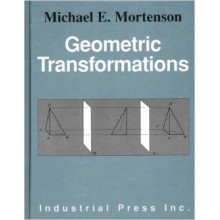
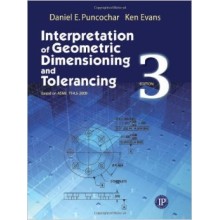
![Tolerance Stack-Up Analysis : [For Plus and Minus and Geometric Tolerancing], 2nd Edition](http://www.engineeringstandards.in/image/cache/data/Tolerance-220x220.jpg)
